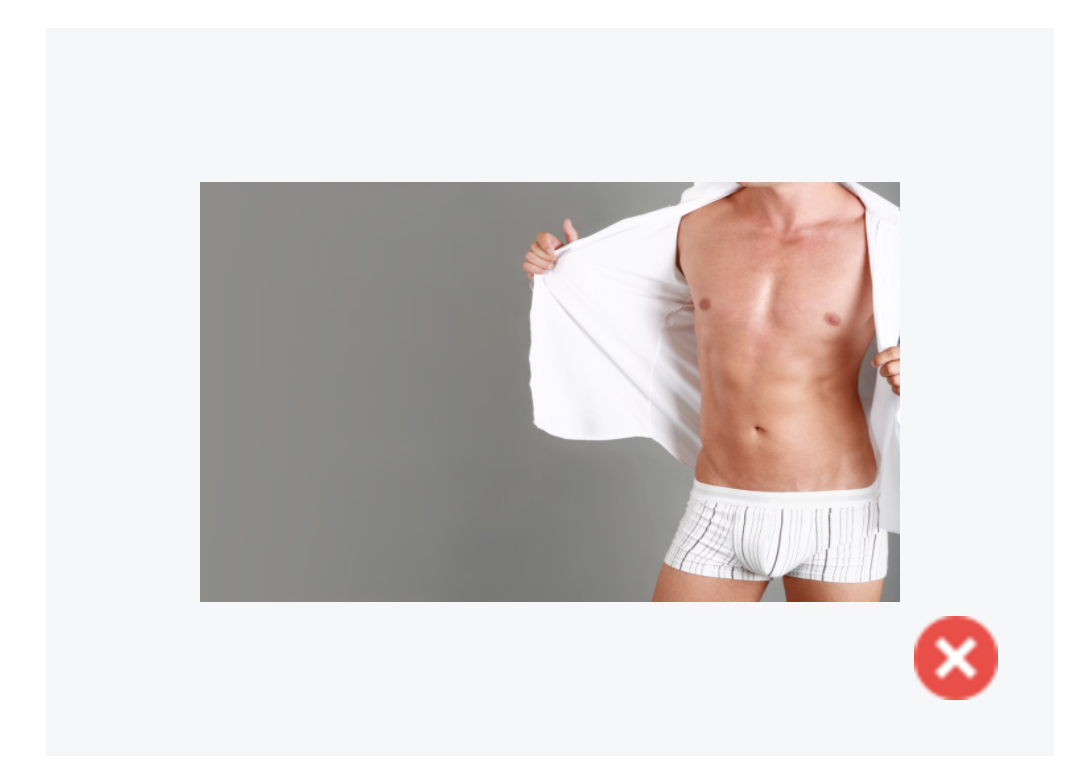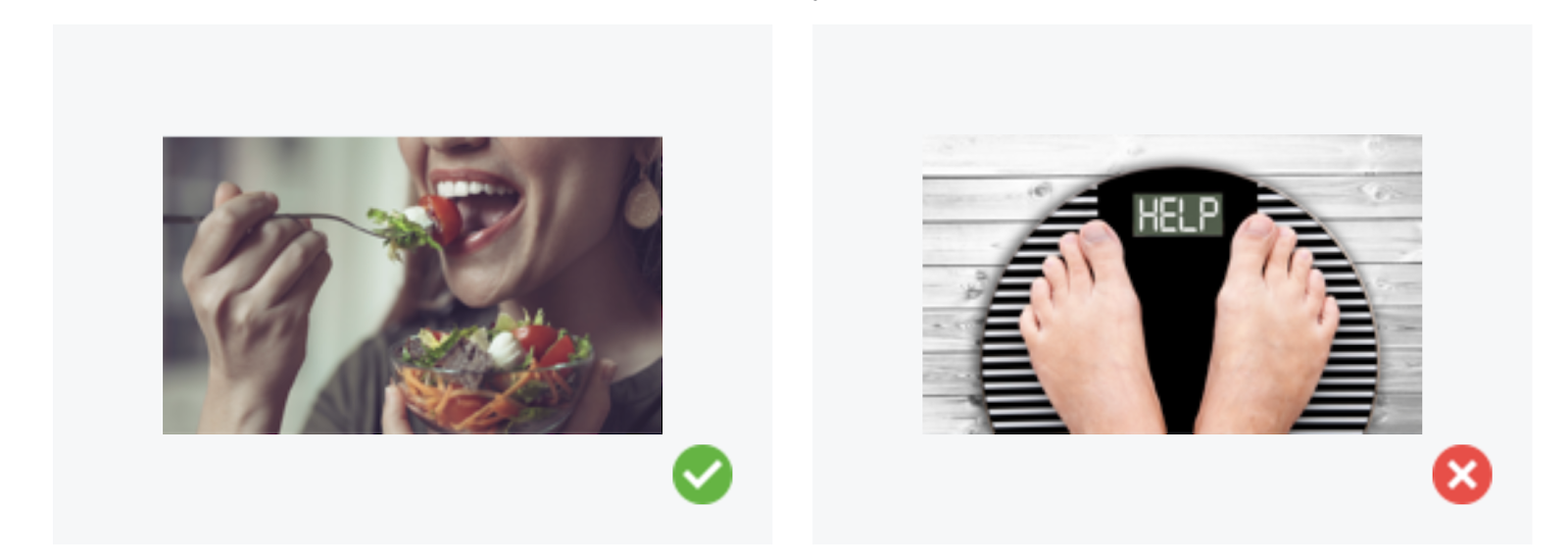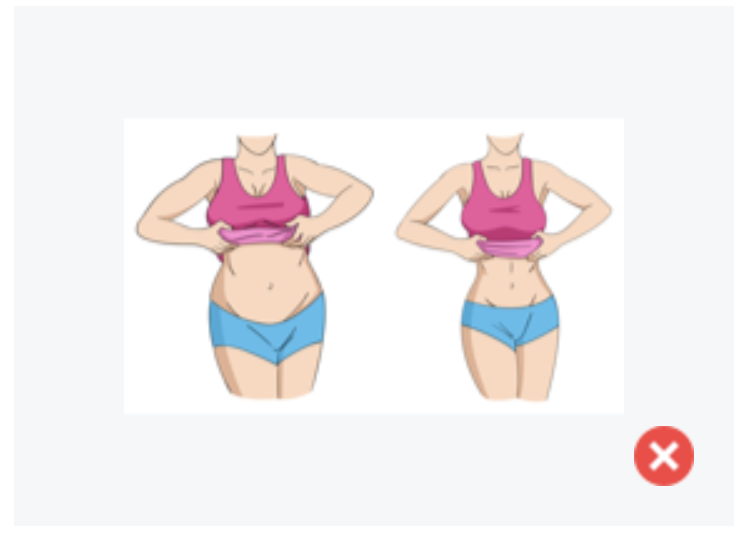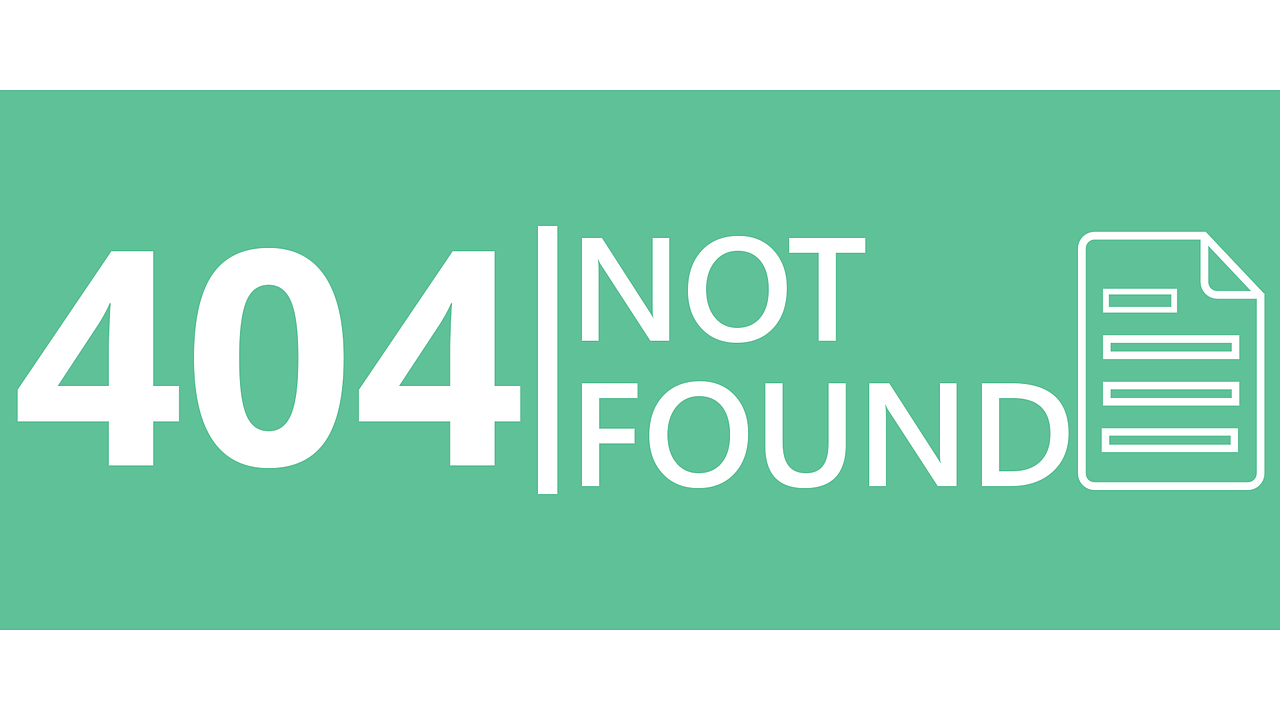Has Facebook rejected your ad?
Painful… Right?
You’re not alone.
It happens to anyone who has spent countless hours writing their ad copy, designing the best creative, and choosing their target audience.
Regardless, at the end of the day, Facebook has the final say on the status of your ad. If you want to know possible reasons behind a rejected ad, you’ve come to the right place.
But first and foremost:
We need to be knowledgeable about Facebook ad policies. This way we can make sure that we’re not violating any of them.
?Free Download: Our Top Facebook Ads Case Studies +38 Lessons>>
Facebook Ad Policies and How They Work
Let’s start by having a quick overview of these policies and the review process.
Basically, Facebook ad policies are a list of guidelines that tell you what’s allowed and what’s not with your ad.
This includes the ad content itself, targeting, text, and landing page. (We’ll go more into that in the next section.)
For instance, Facebook prohibits advertising sexually suggestive content such as nude images — including those that are not explicitly sexual.
Here’s an example of that kind of image:

Source: Facebook Advertising Policies
About the Facebook ads review process:
1 – An ad usually gets reviewed within 24 hours. But in some cases, it can also take more than 24 hours.
2 – If Facebook doesn’t approve your ad, they’ll send you a notification about your ad’s status. If it’s approved, it starts to run and you’ll be able to check its performance in Ads Manager.
In case your ad gets rejected, you will also be notified about it. Furthermore, Facebook lets you know the reason behind the disapproval.
3 – Let’s say that your ad got rejected for failing to comply with Facebook ad policies. Don’t worry. You’ll be able to edit it and submit it again for review.
⚠️Important: Please also know that even if your Facebook ad gets approved, there is still a chance for it to get disapproved later on. A common reason is if a lot of people mark your ad as spam or hide it.
Why Was Your Facebook Ad Rejected? Common Reasons
Now let’s take a look at specific Facebook guidelines to understand why an ad doesn’t pass the review.
1. Violation of community standards
Certain types of content don’t pass Facebook’s community standards.
According to Facebook, they base these standards on community feedback and experts to ensure safety, authenticity, and privacy.
Make sure that you don’t advertise any of the following:
Violence
You cannot post threats and statements that lead to violent behavior. For example, content that promotes “hire a killer” services or an image that shows a gun pointed at someone’s head.
Harm against people, animals, and property
These include messages that promote domestic violence. The only exception is if the message is about self-defense or redemption. Encouraging people to participate in a dangerous viral challenge is also a no-no.

Facebook doesn’t allow ads that promote animal fights. Exceptions: Hunting, fishing, food preparation, and pest control.
Advocating for hacking, vandalism, and theft is also prohibited.
Voting and census interference/fraud
Does your ad encourage vote-buying, vote-selling, or illegal voting? Such ads will not be approved.
Giving false information regarding voting dates, times, locations, and methods is not allowed as well. The same goes for census ads.
Hateful speech
In their Community Standards Enforcement Report, Facebook stated:
“We’ve invested in proactive detection of hate speech so that we can detect this harmful content before people report it to us and sometimes before anyone sees it.”
Hate speech is the kind of speech that promotes hatred and violence against others because of their gender, identity, race, and other attributes.
To learn more about Facebook’s approach to hate speech, click here.
2. Your ad contains prohibited content
These are not allowed as well:
Products that promote smoking
Facebook prohibits selling cigarettes, cigars, tobacco pipes, hookahs, rolling papers, and e-cigars.

However, tobacco-related interests are okay as long as they do not encourage buying tobacco. Anti-smoking campaigns are also fine.
Steroids and other unsafe supplements
When it comes to advertising supplements on Facebook, there are certain supplements that Facebook deems to be “unsafe.”
These include anabolic steroids, chitosan, comfrey, dehydroepiandrosterone, ephedra, and human growth hormones.
Using negative self-perception to encourage dieting or weight loss
Are you running Facebook ads for healthcare? How about weight loss ads?
Facebook considers an ad to be non-compliant if it’s unrealistic or can cause one to develop a negative self-image.
You can see the difference between the two ad images below.

Source: Facebook Advertising Policies
Before and after ads on Facebook are prohibited as well, like this one:

Source: Facebook Advertising Policies
Profane language, swear words, including symbols to hide them
Can you swear in Facebook ads? Definitely not. Even the usage of symbols to conceal words isn’t allowed. Facebook cites an example: “Get the best f*&%ing T-shirts here.”
Misleading claims
Whether you are selling a health or weight loss product, Facebook prohibits you from making exaggerated or unrealistic claims.
For example, claiming that your product miraculously burns belly fat in 3 days or that it cures an incurable disease.
3. Landing page issues
You might think that Facebook doesn’t check the page where people land on after clicking your ad. But yes, Facebook also reviews the landing page.
Here are common landing page problems that lead to ads getting rejected.
Non-functional landing page
Facebook defines non-function landing pages as the following:
- Under construction or 404 error pages
- Landing pages that are in PDF or JPEG format
- Showing a different offer other than the one that’s on the ad
- Sending people to www.Facebook.com or a secret Facebook group
- Landing pages that download files to your computer or require you to download software to access page content

Disruptive elements
The purpose of your landing page is to convert your audience into leads. For that to happen, it needs to provide them with a quality experience.
That would be impossible if a landing page contains excessive embedded or pop-up ads.
Related: 6 Tips to Create Converting Facebook Landing Pages>>
3. Restricted content in your ad
Under Facebook ad policies, certain kinds of content are allowed only if they meet certain conditions.
These include asking for written permission and complying with local laws, industry codes/guidelines, and providing sufficient disclosure.
Restricted content includes the following:
Alcohol

Advertising alcohol on Facebook is allowed as long as you meet local laws. Furthermore, ads should be targeted to an audience that’s 18 years or older except for these countries:
- India – In Bihar, Gujarat, Lakshadweep, Manipur and Nagaland, advertising alcohol is illegal. In Delhi and Punjab, you need to target your ads to 25 year olds and above.
- Japan, Iceland, Thailand and Paraguay – Target your ads to 20 year olds and above.
- Cameroon, Micronesia, Palau, Solomon Islands, Sri Lanka and the US – Target your ads to 21 year olds and above.
- Canada, Korea and Nicaragua – Alcohol ads should be targeted to 19 years or older.
- Sweden – For Sweden, it’s 25 years or older.
See the complete targeting requirements on alcohol here.
Prescription and over-the-counter medications
Facebook pharmaceutical advertising is allowed as long as you have prior written permission for prescription drugs.
If you’re promoting over-the-counter (OTC) drugs, make sure that your ads comply with local laws.
Subscription services
Do you sell a product or service that receives recurring subscription revenue? Examples include music streaming services, monthly food subscription boxes, and marketing tools.
Facebook has a requirements list for subscription services. This includes adding a link to your privacy policy and a checkbox for terms and conditions.
Dating

You can only advertise dating services online if you have prior authorization and also meet Facebook’s targeting requirements and guidelines.
For those who haven’t yet applied as Facebook’s dating partner, they will be asked to fill out this application form.
Generally, ads that contain sexual themes won’t be allowed. For example, an ad that uses a “selfie” image of a woman or an image that has been blurred.
Real Money Gambling
For online real money gambling or lotteries (including casino, poker, bingo, etc.), these require prior written permission.
Ads must also target only people who are 18 years or older. Furthermore, they should not portray gambling as an income opportunity.
Cryptocurrency
If you decide to advertise cryptocurrency trading products, you need prior written permission first.
Ads that require permission include cryptocurrency, cryptocurrency exchanges, cryptocurrency mining software and hardware, and cryptocurrency investment advice.
Here are more details about the ad policy on cryptocurrency products and services.
Politics and social issues
As long as you comply with applicable laws and Facebook’s authorization process, you should be able to run ads.
4. Excessive text in your ad’s image
There are certain Facebook ad image rules that you should follow. One of these is the amount of text in your image.
As a rule of thumb, images with less than 20% text perform well.
Here are examples of ad images that are likely to be rejected because they contain too much text:

Source: Facebook for Business
Luckily, Facebook has an Image Text Check tool. We recommend that you use it before submitting your ad. Here’s a screenshot of that tool:

Not all ad images that show text will be rejected though.
Facebook mentions a few exceptions in which text is considered essential.
Common exceptions are book covers and album covers, event posters, product images, and games.

5. Asking certain questions in lead ads without prior permission
You may already know what lead ads are.
These are ads that enable you to collect personal information from your audience without them having to leave the Facebook platform.
Lead ads Facebook policy doesn’t allow you to collect just any information you like. There are certain types of information that need prior written permission, such as:
- Account numbers
- Criminal history
- Bank account numbers, credit card numbers, income (and other financial details)
- Social security numbers, passport numbers, driver’s license numbers
- Insurance information
- Usernames and passwords
- Religion
- Sexual orientation
- The same or similar information that a Template Question could ask
- Trade Union membership status
- Health information (Medical conditions, disabilities, etc.)

?Free Download: Our Top Facebook Ads Case Studies +38 Lessons>>
Final Thoughts
Now, you might be thinking… “That’s a lot to take in!”
We totally understand. ??
But knowing these Facebook ad policies before creating your ads can save you lots of headaches down the road. That is why it pays to spend time checking guidelines. In case you need more details, go check out Facebook.
Of course, policies are just a piece of the puzzle in running successful Facebook ads! And that is where Connectio comes in.
We have smart tools that enable you to target, retarget, and engage your best audiences. The result? Ads that get you the best possible ROI.

